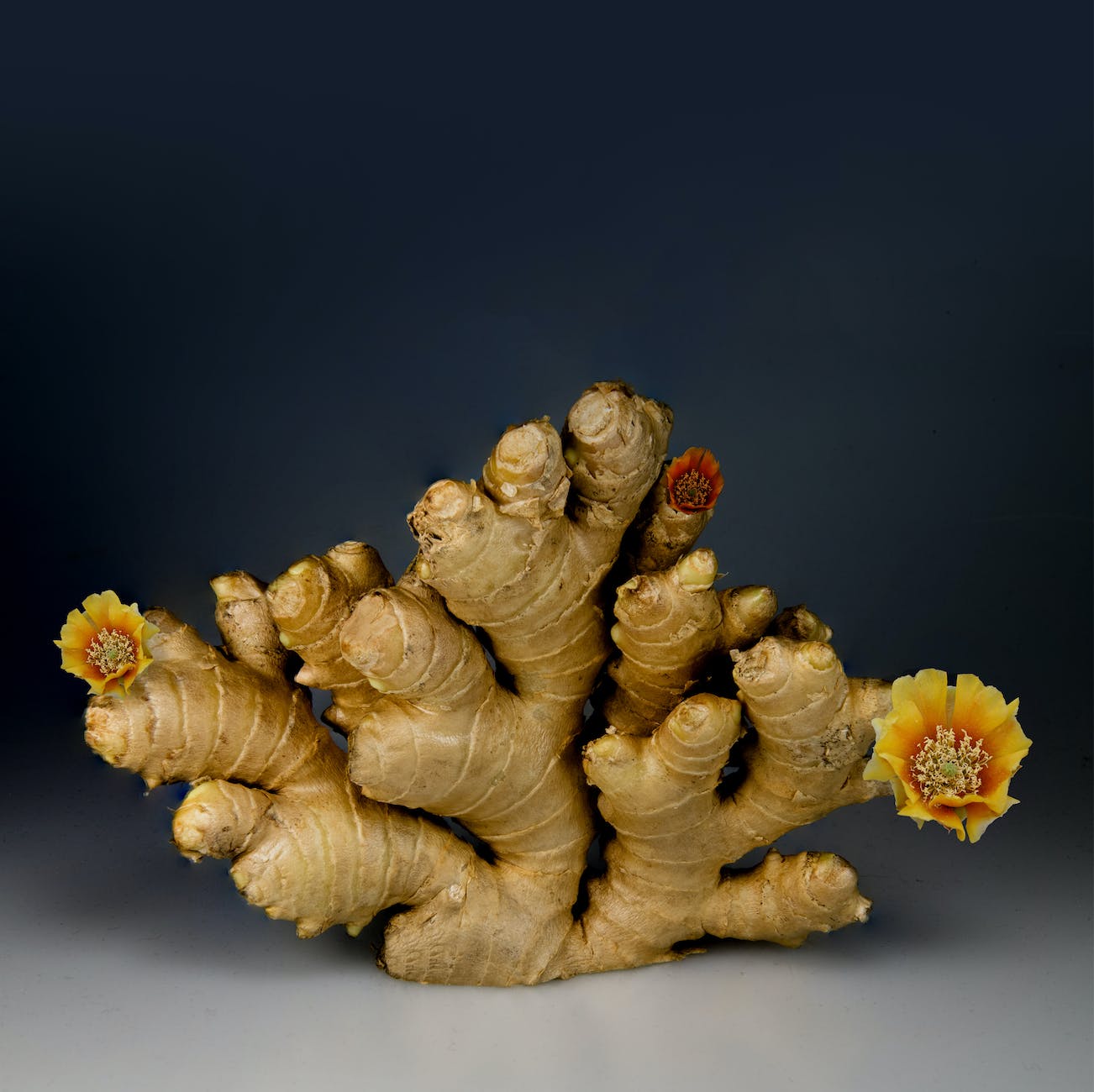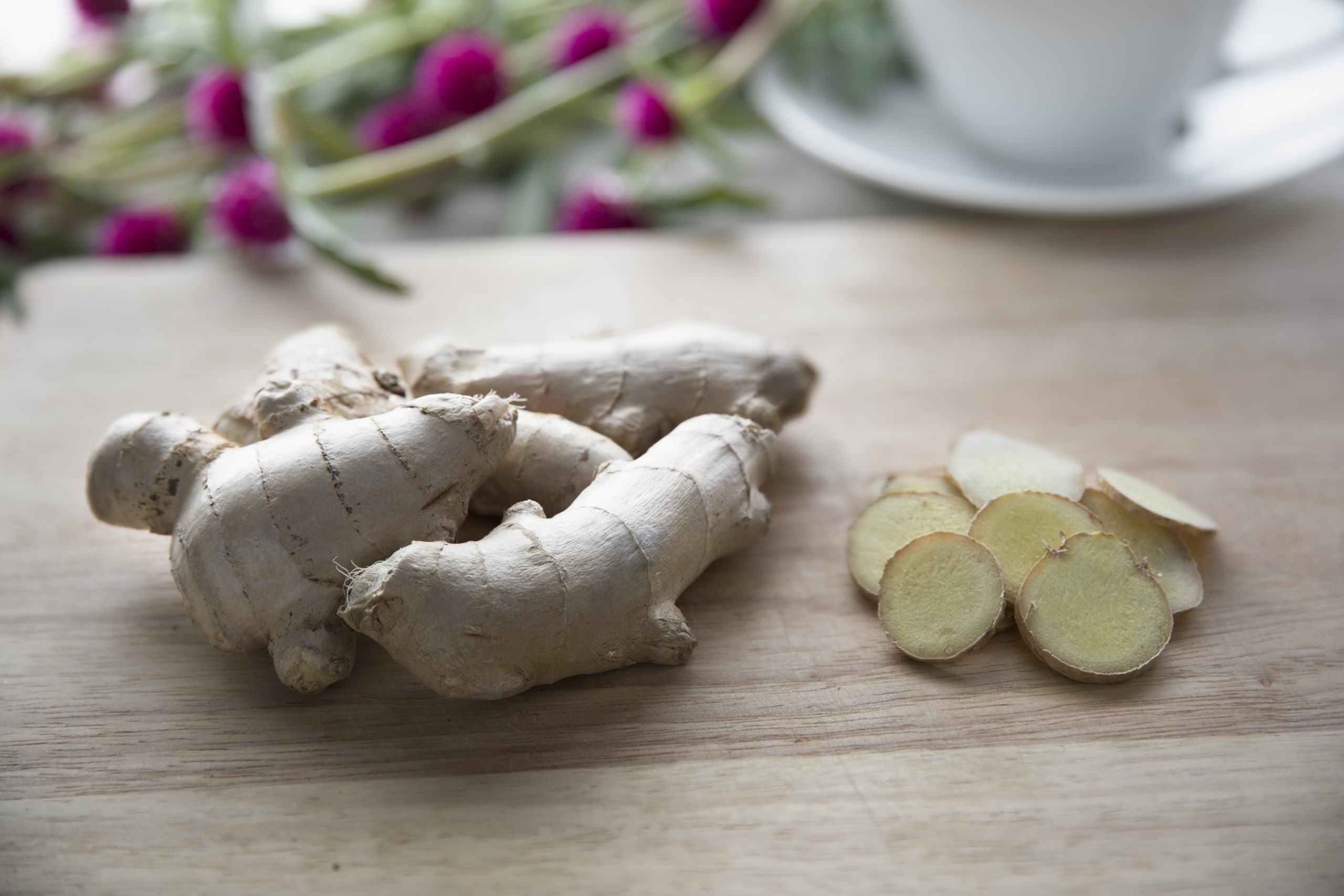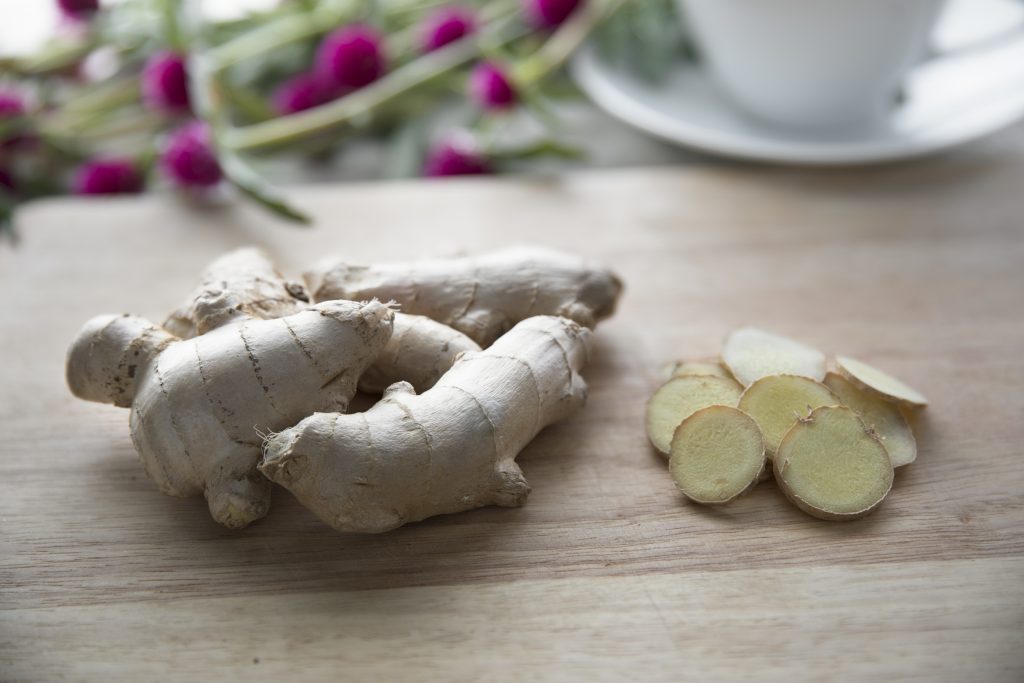Introduction
“Finding Relief in the Roots: Ginger for Migraines and Headaches” – When headache pain strikes, many of us reach for pills, but what if nature has already provided a potent remedy? Enter ginger, a root known for its medicinal properties, particularly its effectiveness against migraines and headaches.
Ginger’s Pain-Relieving Powers
- Natural Analgesic: Ginger contains compounds like gingerol and shogaol, which have pain-relieving properties. These compounds make ginger a natural choice for tackling headache pain.
- Anti-Inflammatory Benefits: Often, headaches and migraines are linked to inflammation. Ginger’s anti-inflammatory qualities can help soothe this inflammation, offering relief.
Ginger for Migraines: What Does the Research Say?
- Evidence-Based Relief: Studies have shown that ginger can be as effective as some prescription migraine medications. It works by blocking prostaglandins, which are chemicals that promote inflammation, pain, and fever.
How to Use Ginger for Headaches and Migraines
- Ginger Tea: Brewing a cup of ginger tea can be a soothing way to alleviate headache pain. It’s easy, natural, and hydrating.
- Raw Ginger: Simply chewing on a piece of raw ginger or adding it to your meals can help fend off headache pain.
Ginger: A Safe Alternative?
- Safety Profile: Ginger is generally safe with few side effects. However, it’s always good practice to consult with a healthcare provider, especially if you’re on medication or pregnant.
- Pregnancy and Headaches: For expectant mothers suffering from headaches, ginger can be a safe and natural alternative to medication.
Conclusion
The next time a headache or migraine looms, consider reaching for ginger instead of the medicine cabinet. Whether as a soothing tea or a spicy addition to your meal, ginger offers a natural and effective way to manage your pain.
Your Ginger Experiences
Have you tried using ginger for migraines or headaches? Share your experiences or favorite ginger remedies in the comments below – let’s explore natural health together!
7. FAQs About Ginger and Migraines:
- Can ginger tea alleviate migraine symptoms? Ginger tea may help in reducing migraine symptoms due to its anti-inflammatory properties.
- Is it safe to use ginger for migraines during pregnancy? It’s essential to consult a healthcare provider for personalized advice.
- How often can ginger be used for migraine relief? The frequency and dosage depend on individual tolerance and the form of ginger used.
- Are there any side effects of using ginger for migraines? Potential side effects include gastrointestinal discomfort and allergic reactions.
- Can ginger be used alongside conventional migraine medications? Discuss with a healthcare provider to ensure there are no interactions or contraindications.














